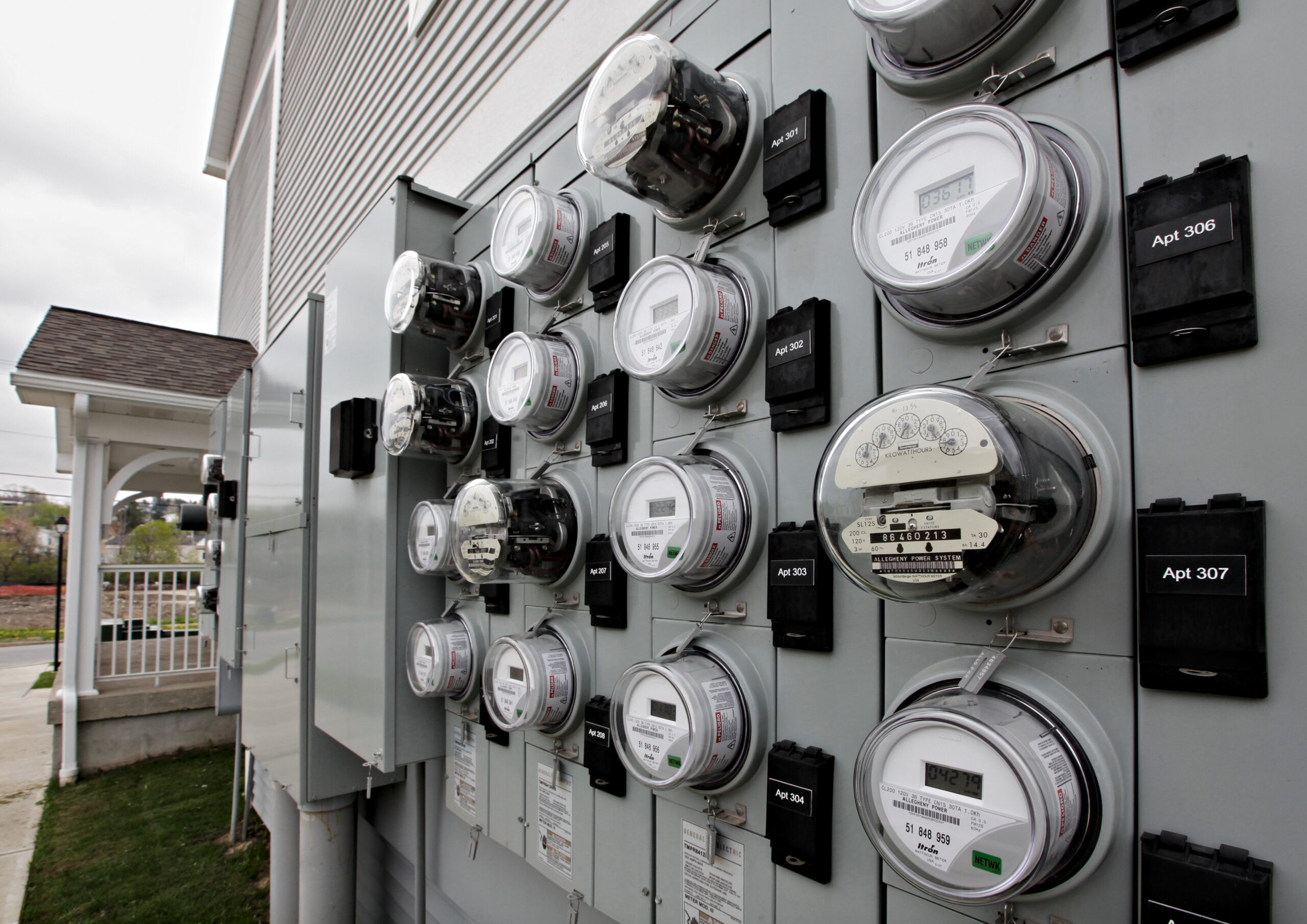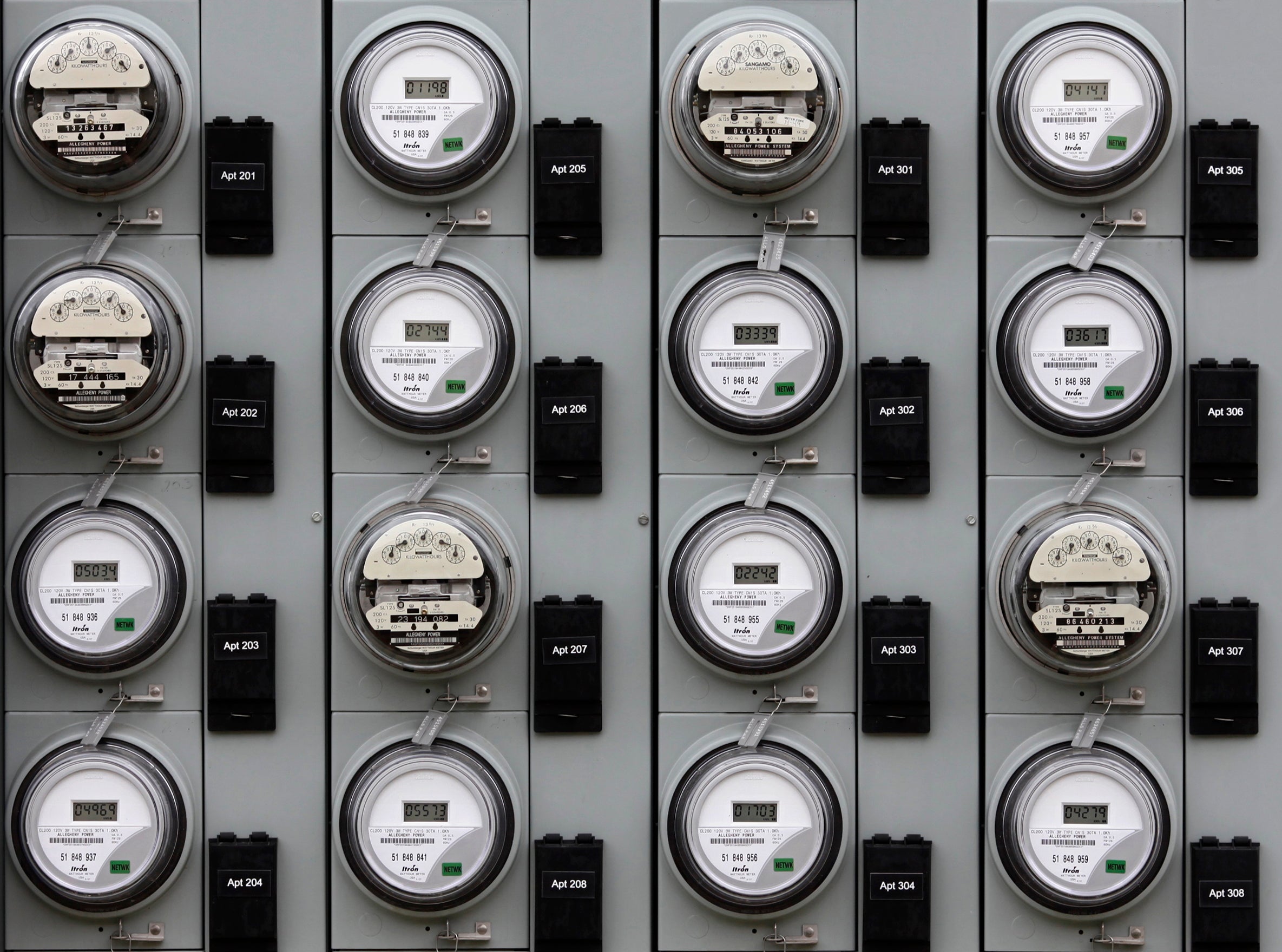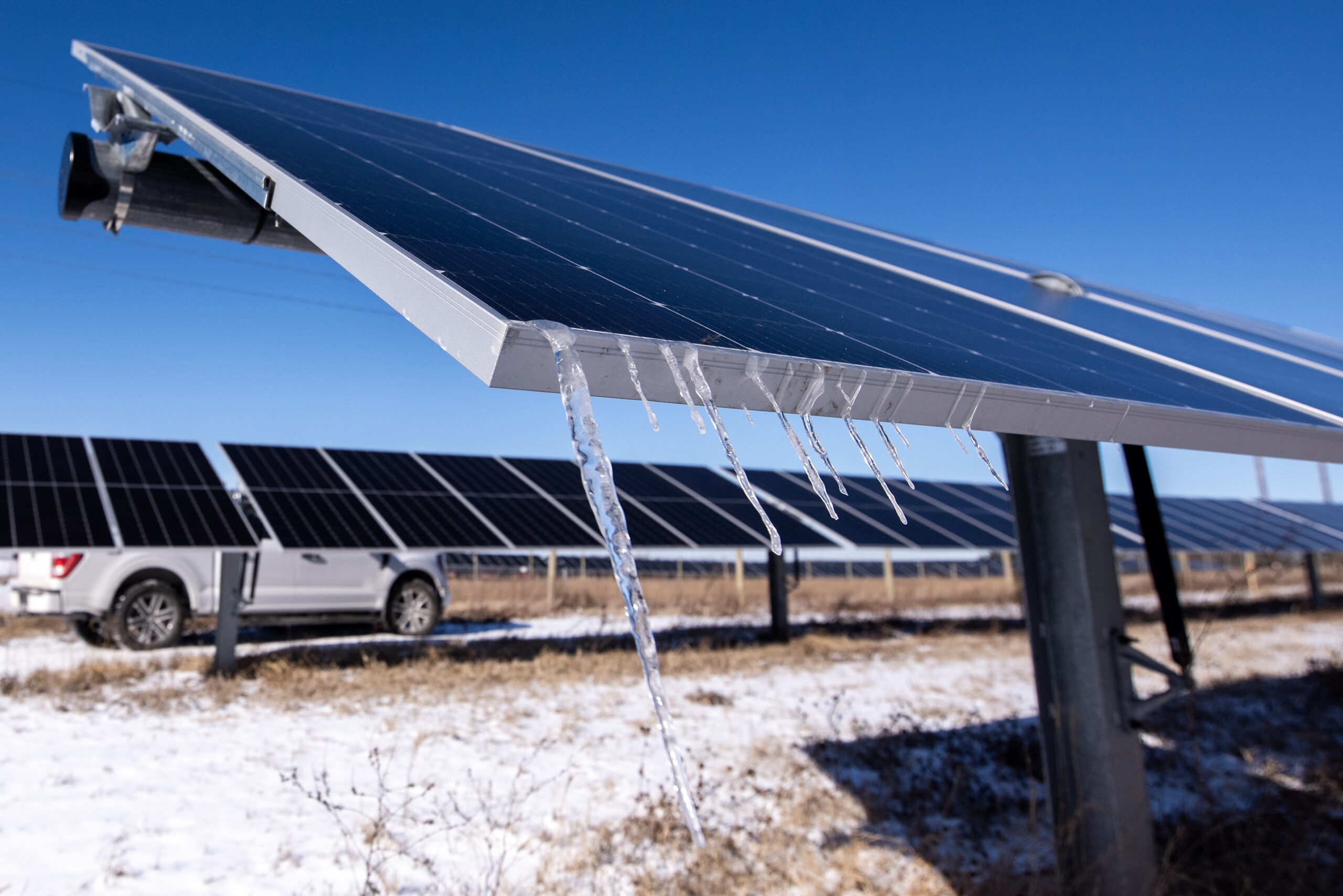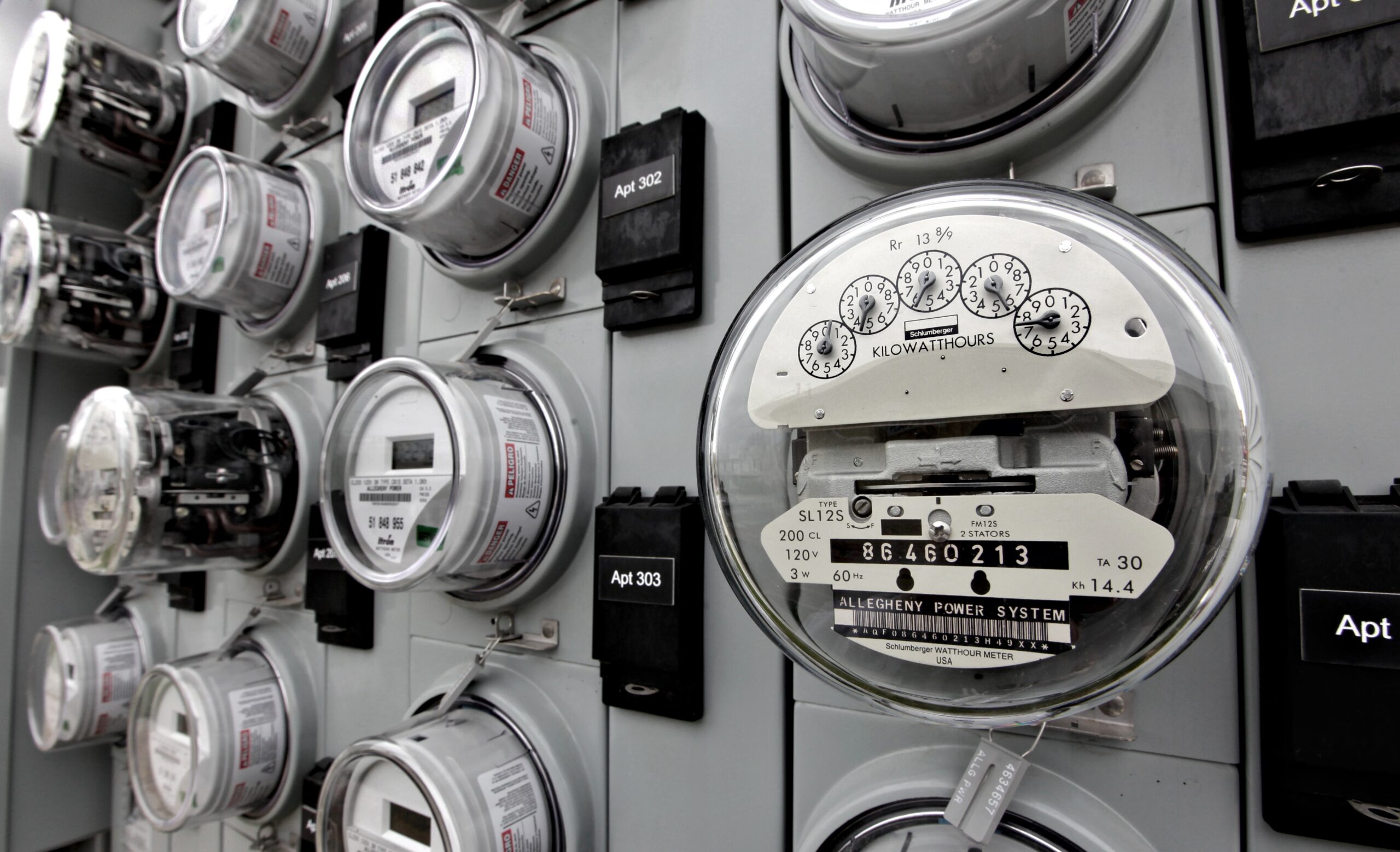A report from the Wisconsin Public Service Commission has found that Wisconsin’s electrical grid is in great shape, but there’s much uncertainty about pending environmental rule changes.
The findings are part of a Strategic Energy Assessment that the PSC compiles every two years to measure current and future reliability of the state’s electrical system. The report suggests Wisconsin has a healthy reserve of electrical capacity of about 20 percent above peak demand. Also, the types of fuel powering most power plants are changing. Lori Sakk, the PSC’s energy policy advisor, said that in the past two years natural gas has been used much more widely than in the past, with 36 percent of the state’s power plant capacity being fueled by it rather than coal.
“Coal use has decreased. I know from the last SEA, I believe it was 65 percent. And now we’re at just over 50 percent,” she said.
News with a little more humanity
WPR’s “Wisconsin Today” newsletter keeps you connected to the state you love without feeling overwhelmed. No paywall. No agenda. No corporate filter.
As for electrical rates, the PSC study shows that Wisconsin’s residential, commercial and industrial rates are higher than all neighboring states except for Michigan. But even so, the report suggests that because of energy saving programs, the state’s residential electricity costs per month are some of the lowest in the Midwest.
A big unknown for electric utilities in the state, according to the report, is a list of seven proposed environmental regulations related to greenhouse gases, mercury emissions and coal ash. Sakk said that utility rates could be affected.
“We’re working on this issue, we’re involved with discussions with (the Department of Natural Resources) and stakeholders in the state, and the Commission may have to take action but we don’t know what that action will be specifically,” said Sakk.
Of the U.S. Environmental Protection Agency’s proposed regulations, nearly all of them have been or expected to be challenged in court.
Wisconsin Public Radio, © Copyright 2025, Board of Regents of the University of Wisconsin System and Wisconsin Educational Communications Board.





